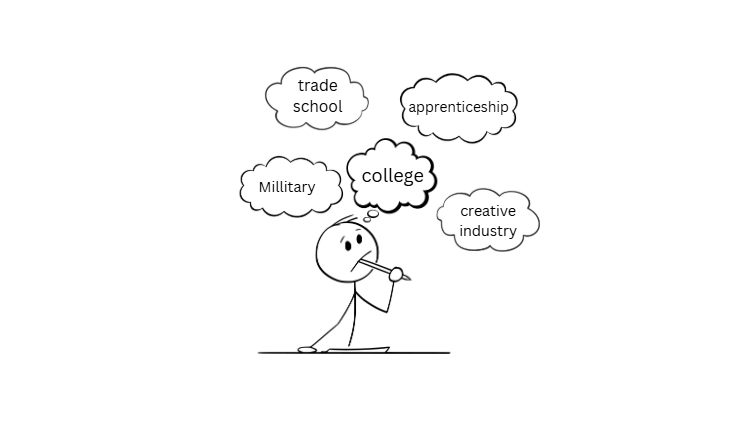Should minimum wage be raised for everyone, including teenagers?
Boosting the pay for high school students just makes sense in the real world. Many of us teens in high school are out here working part-time jobs or if you’re in college going into internships, clocking in the hours and gaining valuable experience – so it’s only right we see a bit more in our pockets for our efforts.
A bunch of high schoolers are balancing work and school to help out at home or scrape together some funds for college. Offering us a more substantial paycheck isn’t just a nod to our work ethic; it’s a recognition of the additional responsibilities we are handling. It’s about covering actual-life expenses and, if we are lucky, saving away a bit for our future education.
Treating us differently than adults in terms of pay sends a message that our time and effort aren’t as significant. Fair compensation acknowledges the value we bring to the table and helps us hold our heads high. It’s more than just a paycheck; it’s a step towards breaking the cycle of financial challenges and providing us with a shot at a brighter future.
So in conclusion, increasing wages for high schoolers is about being fair, giving credit where it’s due, and ensuring everyone has an equal opportunity to build a better life. In a world where every extra penny counts, Us, high schoolers rightfully deserve their fair share. It’s about time they recognize the hard work we are putting in and offer us a boost towards a more secure future.
When it comes to raising the minimum wage for everyone, including teenagers, there are definitely different perspectives to consider. Could you imagine a world where hardworking teenagers can earn a fair wage while gaining valuable skills. It’s time to rethink the minimum wage debate.
Supporters argue that raising the minimum wage benefits all workers, including teenagers, can only happen by reducing income inequality and providing a higher standard of living. They believe that everyone deserves a wage that reflects the rising cost of living.
On the other hand, opponents worry that increasing the minimum wage could lead to job losses, especially for small businesses that may struggle to afford higher labor costs. They argue that teenagers might face difficulties finding employment if employers have to cut back on hiring.
However, studies have shown that raising the minimum wage doesn’t necessarily result in significant job losses. In fact, it can stimulate economic growth by increasing consumer spending power. Additionally, higher wages for teenagers can incentivize them to stay in school and focus on their education, rather than relying solely on part-time jobs.
So, while there are valid arguments on both sides, it’s essential to find a balance that ensures fair compensation for everyone without hindering job opportunities. By considering the impact on both workers and businesses, we can work towards a solution that benefits all.






